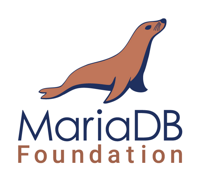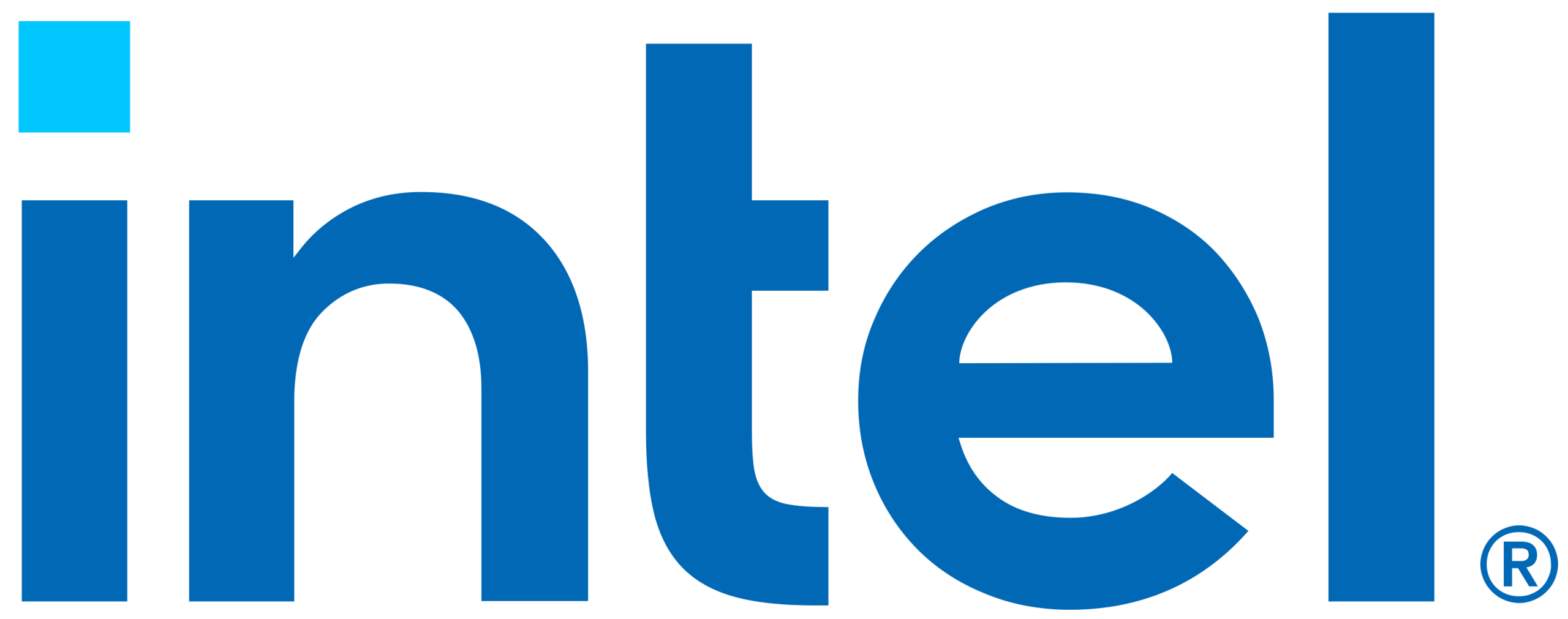Last week MariaDB was present at SuseCon, both MariaDB Foundation as well as representatives from MariaDB Plc. The MariaDB Foundation has never attended SuseCon in the past, so this was an exciting new event for us. I’ll give you my view on the event and why I think it is a great event for the Open Source Software community.
The conference motto – #choice
SUSE’s focus is not on prescribing a particular technology, rather empowering its users to make the best choice for their situation. Most products in SUSE’s line-up work with multiple distributions and multiple software platforms.
…
The MariaDB Foundation is pleased to announce the availability of MariaDB 11.6.0, a preview release in the MariaDB 11.6 series. MariaDB 11.6 is a rolling release.
See the release notes for details.
Release Notes What is MariaDB 11.6?
Thanks, and enjoy MariaDB! …
As part of MariaDB’s efforts in Adoption, we have been working on support of MariaDB in open source projects.
The open source projects we have been looking at range from well known, ready to use projects like WordPress or MediaWiki (that Wikipedia runs on), to under-the-hood solutions like ORMs that connect software with databases for countless other open source and private projects.
MariaDB is the de facto standard that many projects and users are running. As MariaDB diverges, matures and develops on its own path from MySQL, especially in later versions, it’s not enough to shrug off compatibility questions with “MariaDB is a drop-in MySQL replacement – everybody knows that”.
…
Continue reading “Improving MariaDB support in open source projects”
We launched Red Hat UBI based Docker Official Images for MariaDB! These are available on Docker Hub with tags containing ubi including lts-ubi.
The MariaDB plc folks suggested this would be good for enterprise users. After dusting of an old prototype, jointly developing the image, a couple of requests for packages into the UBI repository, and running through our test suite for compatibility testing, there is now an image available for everyone that will be maintained.
Attention to the Red Hat Open Shift Certification Policy made some compliance changes to the UBI based MariaDB image.
…
We normally announce releases and the end of life of releases, but today we are going to try something a little different, an announcement of “start of life”.
What does this mean?
The way we use GitHub is a little different to most projects. Instead of having a mainline and branching versions from that, MariaDB Server creates a new branch from the previous version. This is intended to happen shortly after the preview release of the previous version, but for various reasons it can come a little later. So by default, after the hypothetical version 11.7.0 is released, we will create the 11.8 branch in GitHub soon after.
…
The MariaDB Foundation is pleased to announce the availability of MariaDB 11.5.1, a Release Candidate (RC) in the rolling release, and MariaDB 11.4.2, the first Generally Available (GA) release in the MariaDB 11.4 series. MariaDB 11.4 is a long-term series, and will be maintained for five years.
See the release notes and changelogs for details.
Release Notes Changelog What is MariaDB 11.5?
Release Notes Changelog What is MariaDB 11.4?
…
Continue reading “MariaDB 11.4.2 and MariaDB 11.5.1 now available”
There are many forums in the past couple of years where I have talked about how non-code contributions are just as important to MariaDB Server and us at the MariaDB Foundation as the code contributions I typically help with. I’ve also highlighted in the past how Intel have provided some fantastic non-code contributions. They assist us by detecting performance issues on their new and future platforms, as well guidance in finding the root cause of these issues.
The outcome: Over a million NOPM in HammerDB
Today I want to discuss some of the performance improvements that Intel has helped with, which have led to MariaDB Server achieving 1 million NOPM (new orders per minute) in the HammerDB TPROC-C test.
…
Continue reading “How Intel helps MariaDB become even faster”
We’re excited to announce that SkySQL has joined the MariaDB Foundation as a Silver sponsor.
SkySQL is the first and only database service designed, built and optimised specifically for MariaDB Server. Recently spun out of MariaDB plc as an independent company, SkySQL remains led by the core team which created it and continues to provide the community with unique and powerful capabilities for running production databases in the cloud. With features such as autonomous scaling, subsecond failover and multi-cloud deployment, SkySQL provides a world-class cloud experience for the MariaDB community — and supports our mission of making MariaDB Server the preferred database of choice for all organisations.
…




